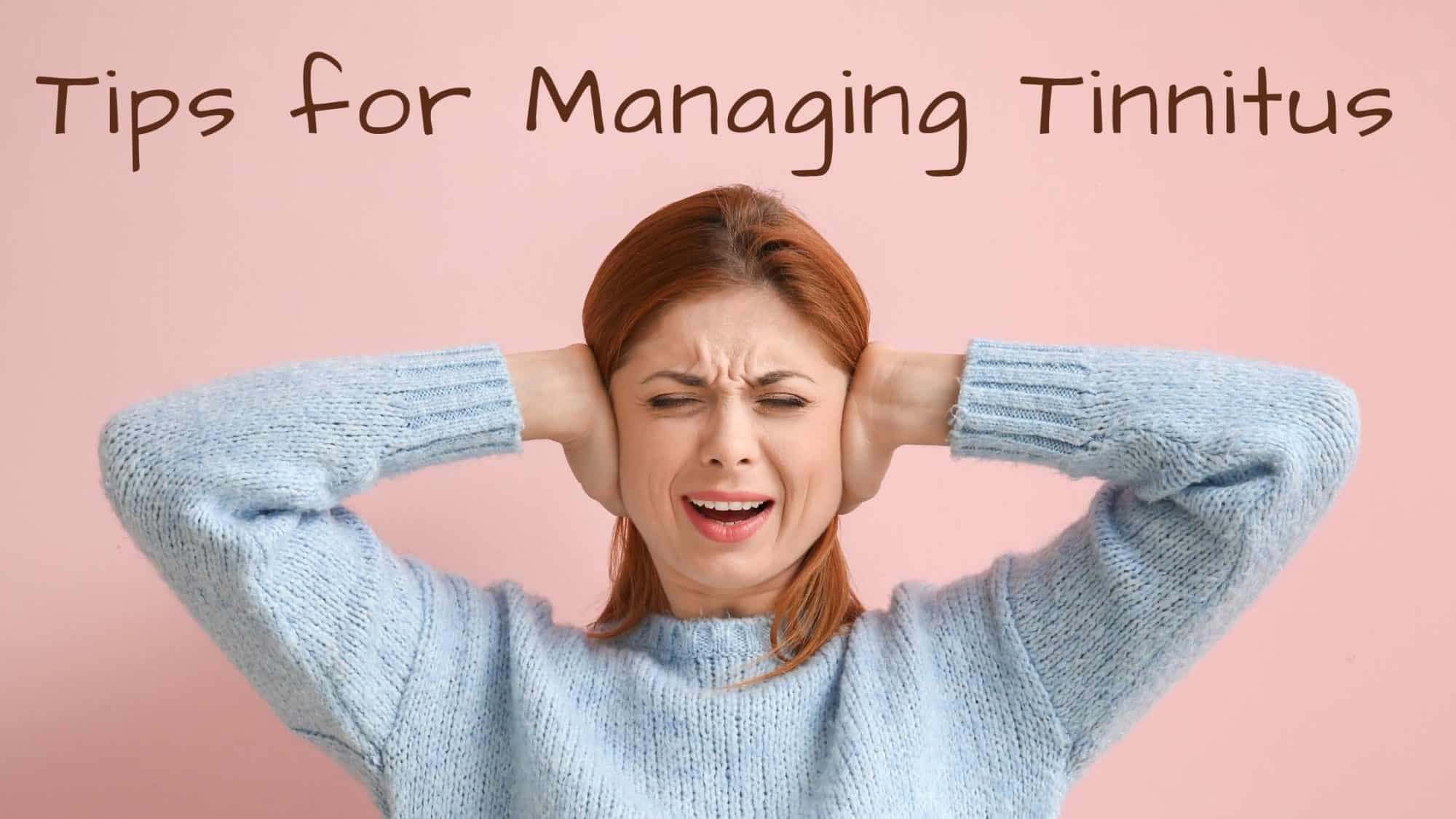- The Connection Between Hearing Loss and Dementia - July 30, 2024
- The Advantages of Rechargeable Hearing Aids - July 16, 2024
- How to Enjoy Music Festivals While Protecting Your Hearing - July 3, 2024
Have you ever attended a rock concert or a fireworks display, and discovered as you were leaving that your ears were ringing? While temporary ringing in the ears is a normal reaction to the kind of extreme noise that causes hearing loss (and a clear sign that your ear protection wasn’t sufficient for the occasion), if it persists for more than a day or two it is classified as a condition known as tinnitus. Tinnitus can take a number of forms and have a number of causes.
While a very high-pitched ringing in the ears is most common, tinnitus can show up as a number of other types of phantom sounds, as well. Some people report buzzing or clicking, and some describe an intermittent and extremely loud, screeching chainsaw sound.
Noise Exposure and Tinnitus
Exposure to excessive noise is the most common cause. It doesn’t have to be the kind of catastrophically loud sound of a rock concert or explosions in the sky; even an average noise level of 85 dBA (about the loudness of a lawnmower) causes hearing loss after about 8 hours of exposure. Over time, if you’re repeatedly exposed to sound that is just a little too loud for too long, you will develop hearing loss and likely tinnitus.
Tinnitus is the #1 medical concern for returning American war veterans. It is thought that frequent exposure to loud noise from weapons discharge and machine engines is the primary cause of this, though the stress of combat may also play a role.
Mechanical Causes
Tinnitus can also be caused by what audiologists call “mechanical” triggers. Grinding your teeth or locking your jaw while you sleep, or other TMJ disorders, are another common source of tinnitus. There is a simple test that may help indicate whether your tinnitus has a mechanical cause:
- Your tinnitus needs to be active at the time you do the test. (Your ears need to be ringing.)
- Make sure your surrounding environment is quiet. You need to be able to “hear” your tinnitus clearly to perform the test.
- Hold your palm against your forehead.
- Push your forehead against your palm with your neck muscles, using your palm to resist the push.
Does your tinnitus seem to increase in volume when you do this? If so, it is likely that your tinnitus is mechanical in nature. Keep in mind that there can be combined causes of tinnitus, but the test will indicate that your tinnitus has at least a partial mechanical cause.
Other Causes
Other possible causes of tinnitus include stress, ear infections, earwax buildup, hypertension, Lyme disease, Meniere’s disease, and chemicals or medications. This blend of possible causes suggests that, following a visit to your doctor, a holistic approach to treatment is likely to provide the best relief.
See Your Doctor
There are many varied potential causes of tinnitus, so your first step in treating it should be to see your doctor. They can help determine if there is a simple medical cause like earwax or infection and treat it on the spot. They can help you determine whether you might be exposed to common ototoxic chemicals or if any prescription medications or herbal supplements might be triggering your tinnitus, or if you might have a more serious condition.
Mask
William Shatner has suffered from tinnitus ever since he was exposed to the loud noise of an accidental pyrotechnic explosion on the set of Star Trek. He has said that masking is the only way he gets any relief. There are many types of sound available that you can play on a personal listening device or stereo to help mask tinnitus, or you can use a white noise machine. Masking can be especially important at bedtime, when tinnitus can keep you awake.
De-Stress
Easier said than done for many of us, but trying to remove some of the stress from your life can have benefits for tinnitus as well as other aspects of your general health. While we might not be able to remove all the sources of stress from our lives, adding in a meditation and/or yoga practice can help. Some people have also reported getting relief with acupuncture.
Dietary Changes
Switching to a Mediterranean or other anti-inflammatory diet has been shown both to reduce tinnitus and to prevent or mitigate the progression of age-related hearing loss. It is highly likely that the reduction in general bodily inflammation is the positive force at work here. Other ways to reduce inflammation include quitting smoking and limiting alcohol consumption. Excessive caffeine consumption can also aggravate tinnitus, so reducing coffee consumption or cutting it out entirely is also a good idea.
Hearing Aids
While hearing aids shouldn’t be used to treat tinnitus alone, if you do have a degree of hearing loss that could benefit from hearing aids it is important to your general health to start wearing them. Make an appointment for a hearing test and find out if hearing aids are right for you. If so, most modern hearing aids can help with tinnitus by providing masking tones that are invisible to the ear. Remember, your hearing health is an important part of your overall health and well-being!

